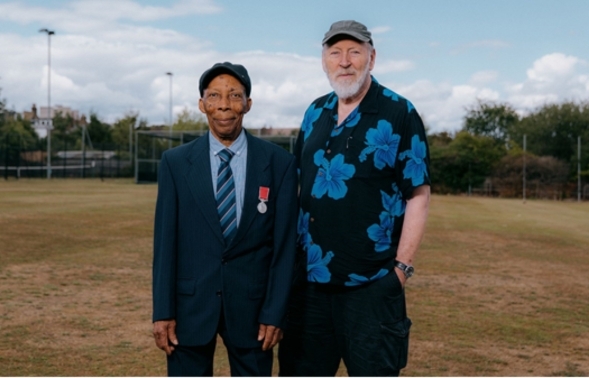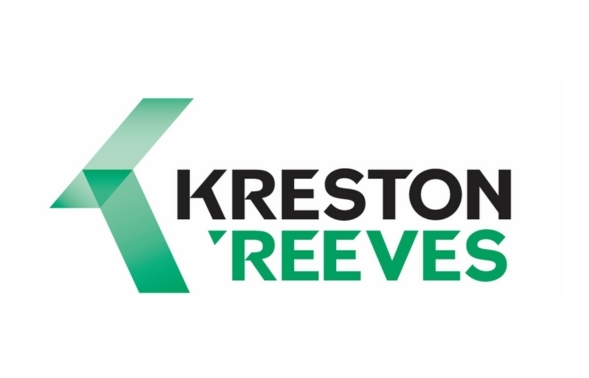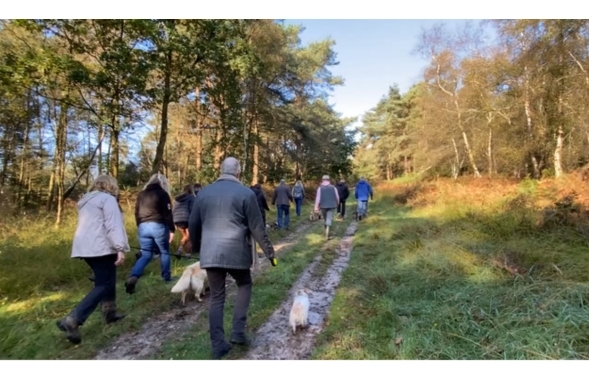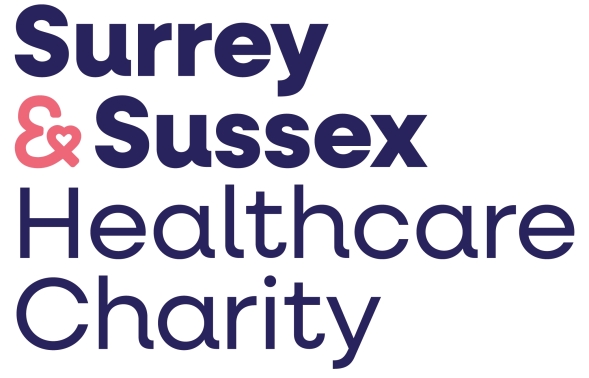Each month we will share with you some recent cases with practical implications that we think will be of interest to you and practical actions you should consider sharing with colleagues. The facts considered by the courts often take place long before lawyers become involved.
This month's update includes lessons from recent litigation concerning the Sex Pistols, a Bonhams auction and a case which went very wrong for a claimant because a key witness wasn't called to give evidence.
'I could be wrong, I could be right': When "without prejudice" communications shift to "open" communications
The lyrics in the heading are a nod to a decision of the High Court which stems from a dispute between the band members of the Sex Pistols. Former drummer Paul Cook and guitarist Steve Jones sued John Lydon, aka Johnny Rotten, after he tried to veto the use of the punk group's songs in a TV documentary.
The effect of marking a communication "without prejudice" is that it cannot be relied on in court proceedings as evidence. The High Court decided that the protection attached to a chain of emails marked "without prejudice" also extended to a later email even though it was not labelled "without prejudice". The later email clearly followed on from the prior emails aiming to resolve the parties' dispute and there was no clear indication that the sender of the email wished to shift to "open" communications (which would entitle Mr Lydon to rely on the email as evidence in the court proceedings).
This decision is a useful reminder that the content of a communication is key rather than how it is headed. That said, achieving clarity is obviously preferable to leaving the question open, and any written communication should aim to clearly express the intention of the writer.
In practical terms, if you are engaged in settlement negotiations and intend a communication to be "open" (and able to be relied on as evidence subsequently), you should make this clear, and in a separate document which does not refer to the settlement discussions.
An adverse inference may be drawn from a failure to call a relevant witness
Ahuja Investments Ltd v Victorygame Ltd [2021] EWHC 2382 (Ch)
This case is a useful reminder of the principle that, in certain circumstances, the court may be justified in drawing adverse inferences from the absence of a witness at trial who might have been called, and who might be expected to have material evidence to give. In practice the principle is rarely implemented, but the consequences can be severe to a litigant when it is.
The High Court dismissed a claim of misrepresentation by the buyer of an £18m shopping mall in Middlesex, finding that although a fraudulent misrepresentation had in fact been made by the seller, it had not induced the claimant to enter into the contract. The Judge's finding as to the lack of inducement was in large part based on the buyer's failure to call its former solicitor to give evidence at the trial.
The misrepresentation concerned the duration of the leases of retail units in the shopping centre. The seller admitted that it misrepresented the true position but denied that its 'innocent mistake' induced the buyer to enter into the transaction. The seller claimed that the buyer knew the true position of the terms of the leases because the original leases were provided to the buyer's (then) solicitor.
Whilst the Judge found that the seller had in fact fraudulently misrepresented the position of the lease terms, the absence of any witness evidence from the buyer's former solicitor - or from the seller explaining why the former solicitor could not provide evidence - proved very telling on the outcome. Due the absence of evidence from him, the Judge drew an inference that the former solicitor's evidence would be unhelpful to the buyer.
We sometimes encounter clients who express misgivings about their employees' wellbeing because the court environment and cross-examination can be robust. Be aware however of what impact not calling a key witness to provide evidence might have on the overall case. In suitable cases, PDT can discuss the engagement of third parties who specialise in training which is aimed at making the witness process less daunting.
Settlement agreement released unknown fraud claims despite the absence of express words covering fraud
Maranello Rosso Ltd v Lohomij BV & Ors [2021] EWHC 2452 (Ch)
The claimant company (MR) borrowed £90m from the first defendant (L) to acquire 71 classic cars which it engaged Bonhams auction house (the second defendant) to sell at auction. The sale did not proceed smoothly and the claimant threatened to bring a claim against Bonhams for negligence and breach of contract. A settlement agreement was entered into between MR, L and Bonhams which included a widely drafted release clause, releasing Bonhams and L from all claims relating to the sale of the classic cars.
MR subsequently issued a claim against L and Bonhams alleging an unlawful means conspiracy, deliberate breach of fiduciary duty and dishonest assistance, prompted by new information obtained by MR that suggested the defendants had dishonestly colluded and conspired in relation to the auction against MR's interests.
The defendants applied for summary judgment asserting that MR's claims had been released under the prior settlement agreement. MR argued that that a release of fraud-based claims required express words to that effect.
The Judge held that MR's claims had been released by the settlement agreement. In reaching that conclusion the Judge applied normal principles of contractual construction. The Judge considered the natural meaning of the language used and noted the established principle that the natural meaning of contractual terms is enhanced where they are contained in a carefully drafted agreement reached by commercial parties with equal bargaining positions and legal representation. The Judge regarded the language used in the settlement agreement to be precise, wide-ranging and comprehensive (observing that such wording tended to show that "the parties 'meant business'" and sought to draw a line in their dealings about the sale).
In practice, parties negotiating settlement agreements should consider very carefully which claims they wish to release and ensure that the language they use covers all or only those claims. Express language should be considered to deal with future claims that may emerge based on fraud, whether they are to be included in the release or not.


















